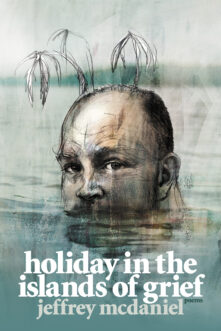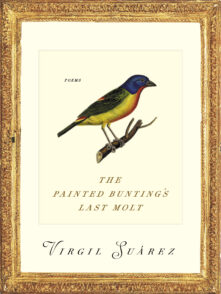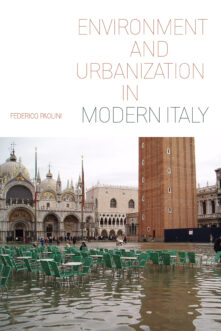Books

The Slide
Leyland, Bonds, and the Star-Crossed Pittsburgh Pirates
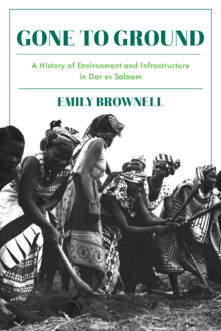
Gone to Ground
A History of Environment and Infrastructure in Dar es Salaam

Itineraries of Expertise
Science, Technology, and the Environment in Latin America's Long Cold War
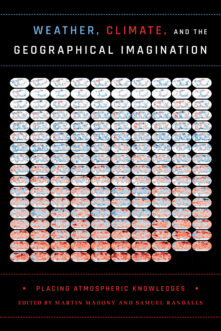
Weather, Climate, and the Geographical Imagination
Placing Atmospheric Knowledges
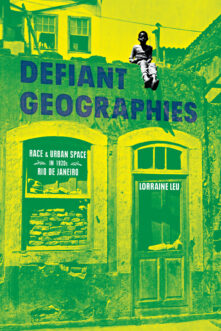
Defiant Geographies
Race and Urban Space in 1920s Rio de Janeiro
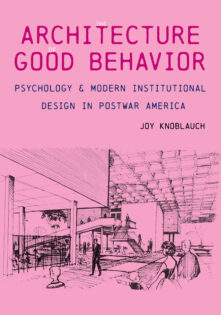
The Architecture of Good Behavior
Psychology and Modern Institutional Design in Postwar America

Bonfire Opera
Poems
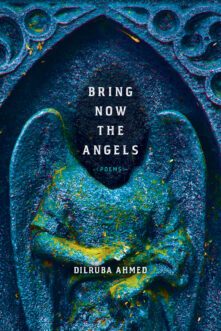
Bring Now the Angels
Poems
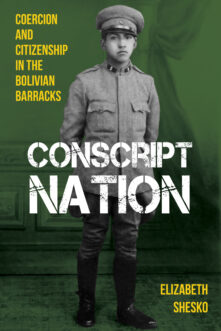
Conscript Nation
Coercion and Citizenship in the Bolivian Barracks
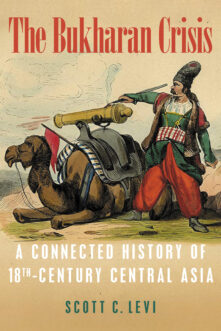
The Bukharan Crisis
A Connected History of 18th Century Central Asia
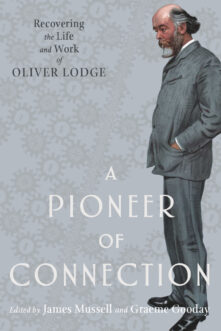
A Pioneer of Connection
Recovering the Life and Work of Oliver Lodge
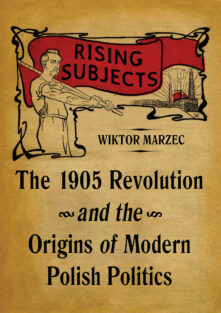
Rising Subjects
The 1905 Revolution and the Origins of Modern Polish Politics
Total 1559 results found.


